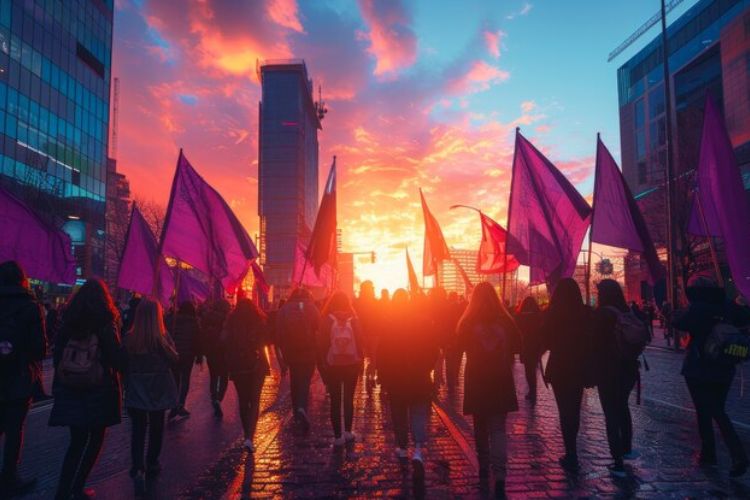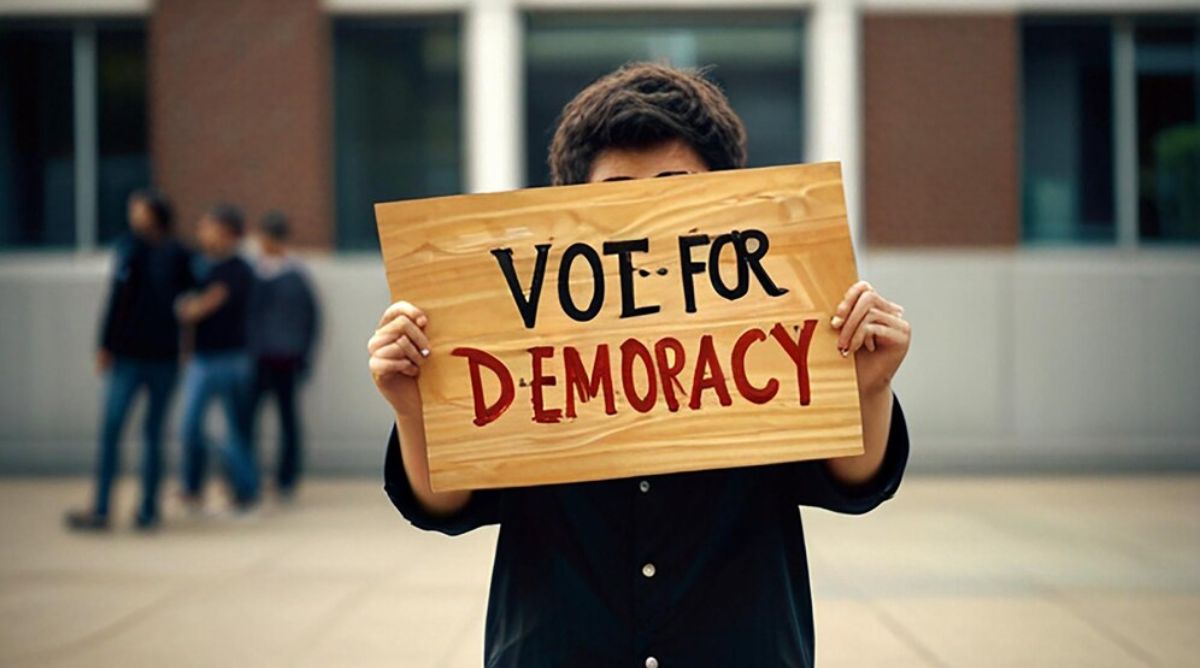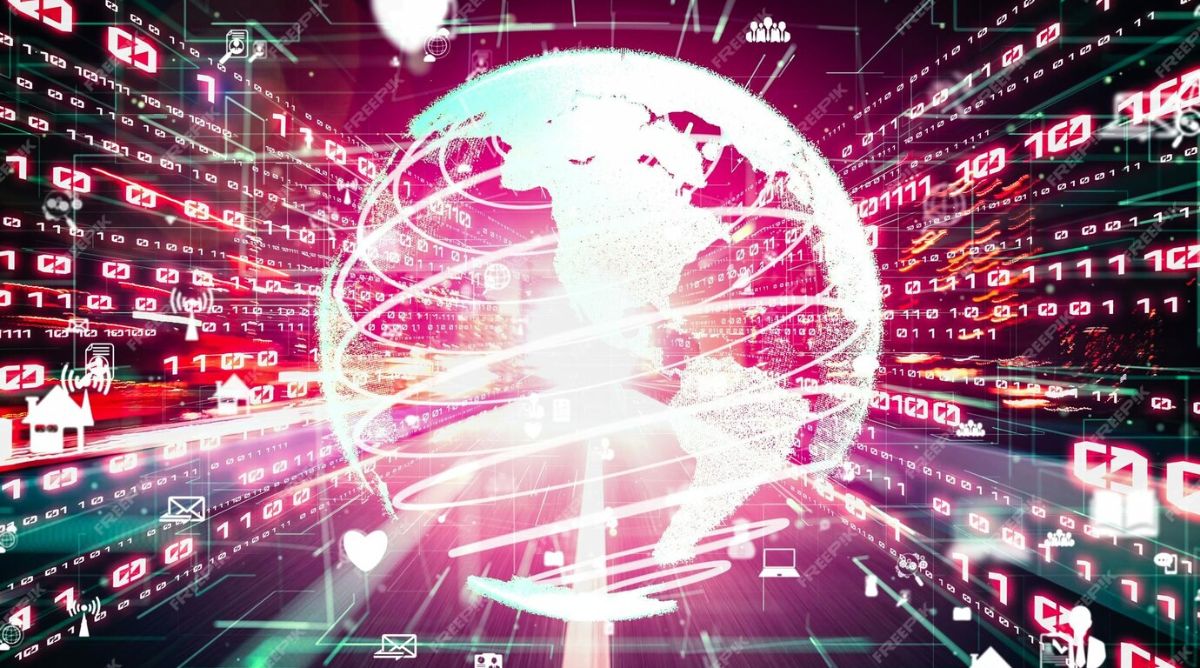At Nine Nine News, we dive deep into the seismic shifts reshaping global politics. The post-pandemic era, tech revolutions, climate change, and rising multipolarity are pushing the world toward a new political architecture.
Understanding these shifts is essential for citizens, leaders, and businesses alike. In this article, we break down how traditional powers are adapting and how emerging forces are changing the rules of global engagement.
The Decline of Unipolarity: Is the US Still the Global Leader?
For decades, the United States held an undisputed position at the top of global affairs. However, challenges from rising nations, economic transitions, and internal political divisions are gradually changing that status. China’s assertiveness, Russia’s geopolitical tactics, and the emergence of regional powers are recalibrating alliances. While the US remains influential, it now faces a more contested and complex international landscape.
The Rise of Multipolarity: More Players, More Power
The global order is no longer a single-lane road led by one superpower. Countries like China, India, Brazil, and Turkey are asserting themselves regionally and globally. These nations are forming new alliances, economic blocs, and defense partnerships. As the balance of power disperses, decision-making becomes decentralized—creating both opportunities and challenges for diplomacy and stability.
Tech and Cyber Warfare Are the New Battlegrounds
- Governments invest heavily in AI, surveillance, and cybersecurity
- Cyberattacks replace traditional espionage as the primary threat
- Tech giants influence political outcomes across borders
- Misinformation campaigns become global in scope
- Data sovereignty is now a matter of national security
- Tech diplomacy is rising among world leaders
- Social media platforms shape global narratives
- New norms are emerging for internet governance
Climate Politics: From Global Goals to National Interests
The climate crisis is not just an environmental issue, it’s political. Countries are competing over green technologies, renewable resources, and climate leadership. Developing nations demand climate justice, while developed countries push green mandates. The divide between ambition and action is influencing global trade, migration, and diplomacy in unprecedented ways.
The Role of Youth Movements in Shaping the Future
Youth-led movements are transforming politics with fresh energy and global solidarity. From climate action to social justice, young leaders are leveraging social media and grassroots power to influence policy. These movements challenge outdated norms, push for inclusive leadership, and are becoming a formidable force in both democracies and authoritarian regimes.
Global Institutions Under Pressure
- The UN struggles to maintain relevance amid great power rivalry
- The IMF and World Bank face criticism over inequality
- NATO adapts to new hybrid threats and cyber challenges
- WHO reforms are demanded after pandemic-era scrutiny
- G7 and G20 aim to reflect broader global interests
- Regional blocs like ASEAN and the African Union grow in influence
- Calls rise for Security Council reform
- International courts face enforcement dilemmas
Populism and Nationalism: Reshaping Domestic Politics
Political narratives are becoming more localized and emotionally driven. Populist leaders leverage national identity, fear, and disinformation to consolidate power. This inward turn can weaken global cooperation, strain immigration policies, and fuel xenophobia. Yet, it also sparks civic resistance and renewed interest in democratic values across societies.
The Future of Diplomacy: Adaptive, Digital, and Decentralized
Traditional diplomatic models are evolving. Digital diplomacy, public engagement, and non-state actors are becoming essential in navigating crises and negotiations. Embassies are embracing real-time communication, while diplomacy now happens in Zoom rooms and on social media. The modern diplomat must understand tech, media, and grassroots dynamics to stay effective.
FAQs
Q1: What does “new world order” mean in politics?
A new world order refers to a significant shift in global power structures, often marked by emerging alliances, multipolarity, and evolving leadership dynamics.
Q2: How has the US’s role in global politics changed?
The US remains a key player but now faces stronger challenges from other rising powers, resulting in a more competitive and multipolar international system.
Q3: Why is technology important in today’s politics?
Technology shapes military power, communication, influence, and governance. Cybersecurity, AI, and misinformation are now central to political strategy.
Q4: What is multipolarity?
Multipolarity describes a global system where several countries share power and influence rather than a single dominant superpower.
Q5: How are climate issues shaping politics?
Climate issues influence international policies, trade agreements, migration, and energy strategies, making them central to national interest and global cooperation.
Q6: What role do youth play in politics today?
Youth movements bring innovation and activism, driving major change in areas like climate, democracy, human rights, and digital rights.
Conclusion
Politics in the new world order is more complex, competitive, and interconnected than ever before. NineNineNews will continue to monitor and explain these shifting dynamics to help you stay informed. Whether you’re a policymaker, student, or engaged citizen your awareness is your power. Stay alert, stay curious, and shape the change you want to see.




